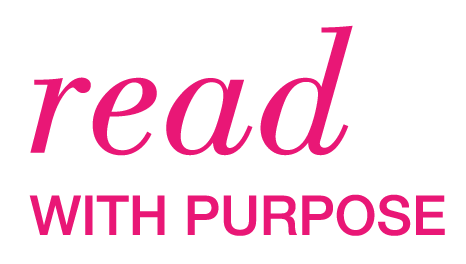This week, we are looking back to the best DIY MFA Articles of 2012. As you know, the DIY MFA consists of three components: Writing With Focus, Reading With Purpose and Building Your Community. All three of these elements are integral to building a writing life.
Yesterday, we talked about the best articles to help you Write With Focus. Today, we’re going to focus on the top articles to help you:
Read With Purpose
Most MFA programs have a reading component; it’s important to be hearing other voices, exploring other worlds and studying how your favorite writers crafted your favorite books. Writers read voraciously, but it can be difficult to balance reading and writing when your time is already limited. At DIY MFA, we’ve compiled a list of tools and techniques to help you build a reading list that incorporates your favorites with time-tested classics, and to read these books with an eye toward craft. Many writers make a goal to read a certain number of books in the new year; if you’re looking at changing your reading habits in 2013, this is a great place to start.
Here are a few links to help you read like a writer.
Three Steps to Reading With Purpose A guide to the three main steps in reading with purpose: selecting the books, reading like a revolutionary and responding to what you read. A great place to start if you are new to DIY MFA, or if you are hoping to change the way you read as you move into the new year.
Life is Short: Read With Purpose Do you not want your reading time to turn into a chore? Neither do we. Sometimes, reading with purpose can seem like extra work when all you really want is to enjoy a book. This article is a reminder of several benefits of reading with purpose: you’ll remember what you read, you’ll learn from what you read and you’ll make the most of your reading time. All while still, of course, enjoying a good book.
Read Like an Agent After attending the Backspace Writer’s Conference, Gabi compiled a list of tools and techniques to help you read your own work the way an agent will read it. She had three main takeaways: narrow the focus, dive into action and give us a character to root for. If you are having trouble with your opening, if you’re about to submit to agents or if you’re just starting out, this is insight to keep in mind.
Why Writers Must be Readers First Many great writers have written about this very idea: a writer must be a reader, indeed a person cannot be a writer if he is not a reader. DIY MFA takes this to be true, and this is the manifesto declaring it. Why must writers be readers first? Two reasons: Writing is the ultimate form of manipulation, and reading is the supreme act of defiance.
The Essentials: Books on Writing I Can’t Live Without One component of your DIY MFA library is books on writing. There are three types: books on craft, books on the writing life or books of writing exercises. Don’t know where to get started? Looking to add a few more? Here is a list of classic books in each of these three categories.
Build Your Reading List An article and a free DIY MFA worksheet to help you build your reading list, incorporating four types of books: competitive books, informative books, contemporary books and classics. Looking to build a reading list for the new year? Here’s a great place to start.







